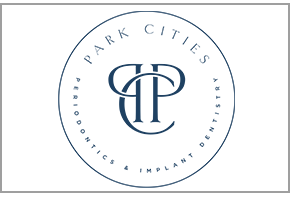How can gum surgery improve my oral health?
Gum surgery helps mitigate the effects of gum disease and thwarts its progression. This is done by removing diseased tissue and encouraging the generation of healthy, new tissue. Advanced gum disease causes the gingiva to recede (pull away from teeth). Gum recession will expose the roots of teeth to harmful bacteria and tartar accumulation. It will also loosen them and without professional treatment, one could lose his or her teeth.
How common is gum disease?
Gum disease is an incredibly common oral health condition. Researchers estimate that up to 80% of the adult population (or four out of five adults) will develop some form of this disease at least once in their lifetimes.
Is gum disease really that serious?
Periodontal disease is a very serious threat to your oral health – especially if this condition is left untreated by a professional. Advanced gum disease involves a chronic infection and contributes to the destruction of teeth, gum tissue, and bone. Research also indicates that gum disease is connected to other health conditions such as cardiovascular disease and diabetes.
How is gum disease treated?
Gum surgery is just one of a few ways that professionals manage gum disease. Other methods of treating gum disease that periodontists use include laser therapy, specialized prophylaxis (root planing and scaling), and tissue grafts. Patients with gum disease are encouraged to practice meticulous oral hygiene. In fact, early stages of gum disease can be reversed with improved brushing and flossing.
If you have questions about your gum disease treatment options, we encourage you to schedule a consultation with our specialist. We are proud to offer high-quality periodontal treatment to patients in our community. Call Park Cities Periodontics and Implant Dentistry today to reserve your appointment.
